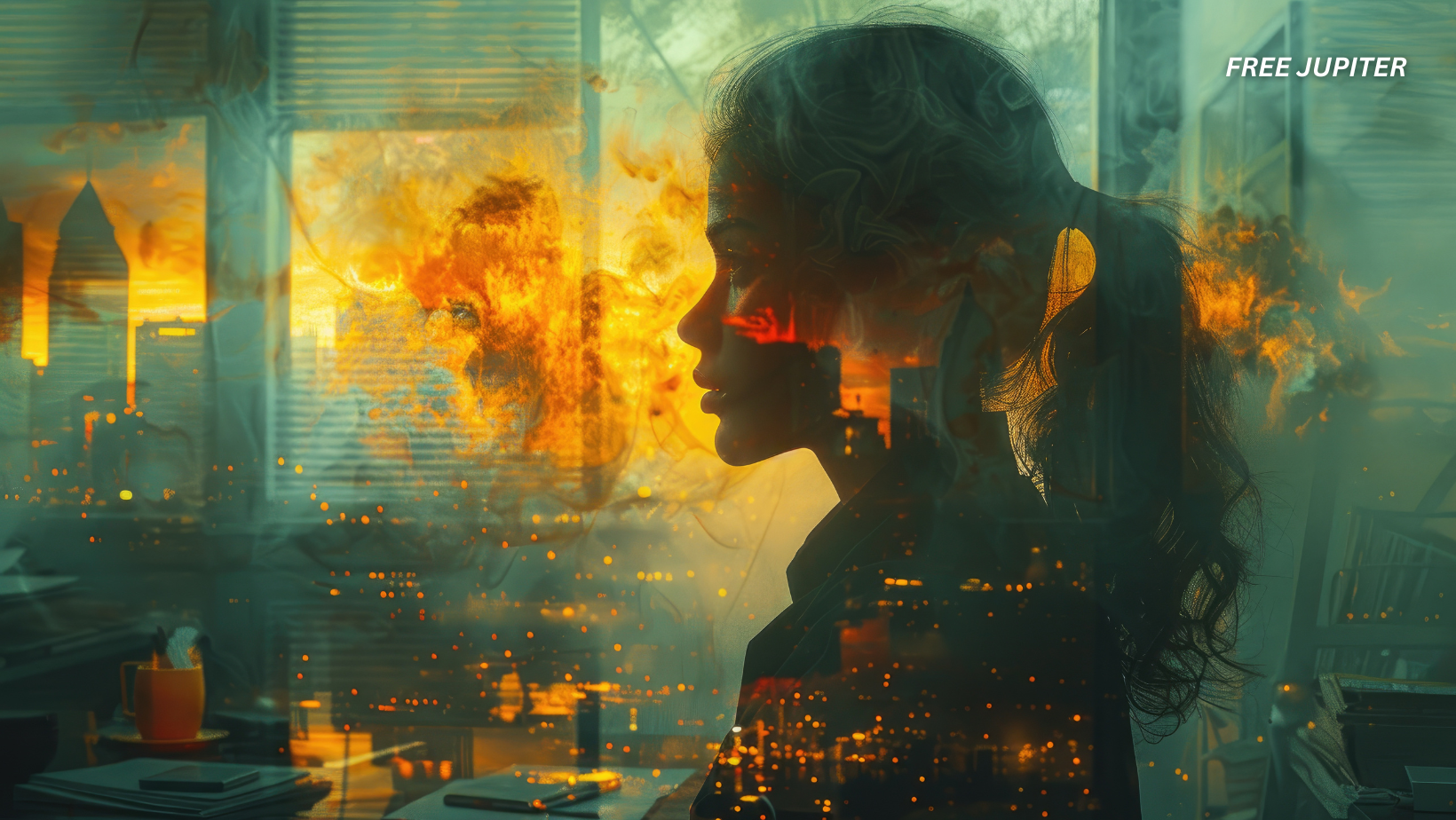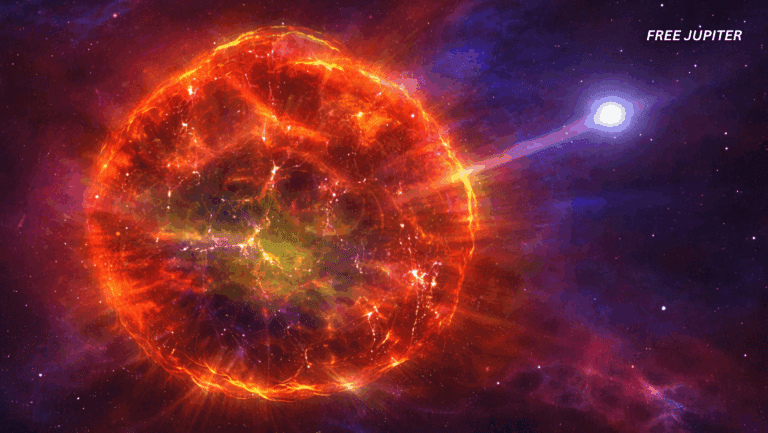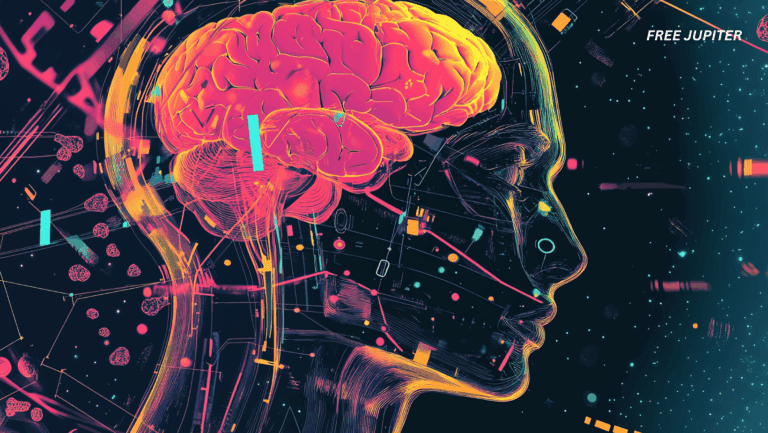In recent years, the internet has turned introversion into a kind of cultural identity. There are endless memes about staying home on Friday night, skipping parties for Netflix, or claiming victory when plans get canceled. Being an “introvert” has become shorthand for explaining away everything from social fatigue to entire weekends spent indoors. But beneath the witty captions and quiet pride in solitude, a tricky question lingers: at what point does introversion stop being about preference and start being about pain?
Introversion, in its true sense, is about managing energy. Some people recharge by being around others, while introverts feel restored when they step away for a while. Loneliness, however, is about disconnection. It doesn’t refuel—it depletes. The line between the two can be surprisingly thin, and for many, what looks like introversion is really isolation wearing a clever disguise. Here are eight signs that what feels like “just being introverted” might actually be creeping into something more harmful.
1. Solitude Stops Feeling Restorative
For genuine introverts, being alone is like plugging into a charger after a long day. There’s a sense of calm and clarity that comes from retreating into quiet activities. But when alone time turns into endless scrolling, mindless eating, or a haze of television that leaves you feeling drained instead of refreshed, something else may be going on. Psychologists point out that there’s a difference between positive solitude (intentional and fulfilling) and negative withdrawal (avoidant and empty). If you can’t remember the last time being alone left you truly content, it might not be introversion at work—it could be the creeping weight of isolation.
Do Introverts Feel Lonely? The Truth Revealed!
Read more: 9 Powerful Traits That Drive Successful Introverts Without Them Even Realizing It
2. The “Battery” Never Actually Recharges
The metaphor many use for introversion is that social interaction drains the battery, while time alone recharges it. But what if no matter how much alone time you get, you still feel exhausted? If weekends meant to be restful only leave you groggier, or if solitude feels more like stagnation than restoration, this isn’t a quirk of personality—it’s a red flag. Loneliness often creates a type of fatigue that even sleep doesn’t fix. Instead of charging your battery, being alone just keeps you hovering at the same low level. What looks like introversion might really be emotional depletion in disguise.
3. Every Social Encounter Feels Like a Performance
Introverts may find group settings tiring, but everyday interactions don’t usually feel like staged theater. If chatting with the barista requires mental rehearsal, or a simple meeting at work feels like something to dread weeks in advance, this goes beyond needing downtime. Chronic disconnection can twist the brain into seeing ordinary social contact as threatening. It’s not just draining—it becomes intimidating. That shift suggests the problem isn’t introversion, but the anxiety and tension bred by prolonged loneliness. There’s a clear difference between needing a quiet break after a party and feeling like every interaction requires armor.
4. Personality Traits Start Blurring With Warning Signs
Statements like “I hate everyone” or “people are exhausting” often get brushed off as introverted humor, but they might actually reveal something deeper. Introversion is about preferring fewer but deeper connections, not rejecting connection altogether. When cynicism replaces curiosity and all human interaction feels intolerable, that’s not a personality—it’s loneliness taking root. Over time, this perspective can trick people into thinking they’ve chosen isolation, when in reality, isolation has chosen them. The difference is subtle but powerful: one is a preference, the other is a coping mechanism.
Read more: 9 Confident Introvert Habits That Confuse People at First But Make Sense
5. The World Shrinks to Just a Few Rooms
Think back to small joys like visiting a bookstore, sitting in a café, or taking a walk that wasn’t purely for errands. When those activities vanish and life contracts into a simple loop of home, work, and maybe the grocery store, it signals something more serious. Introverts still engage with the world; they just do it more selectively. But when selectivity becomes near-total withdrawal, comfort zones transform into confinement. At that point, it’s no longer about conserving energy—it’s about disappearing into routine. A comfort zone should feel safe, not like solitary confinement with Wi-Fi.
6. Missing People Stops Hurting—Because It’s Too Painful
One of the cruellest tricks of prolonged loneliness is how it numbs the very ache that defines it. At first, disconnection feels like longing. But eventually, that longing dulls into nothingness—not because the need for others disappears, but because it becomes easier to silence it. Psychologists call this “deactivation,” where people push down emotional needs to avoid the sting of unmet connection. True introverts still miss people; they just crave them in smaller, more deliberate doses. If you find yourself no longer missing anyone at all, it’s not evolution beyond human needs—it’s self-protection at the expense of real connection.
7. “Introvert” Becomes an Excuse for Everything
“I’m just an introvert” can start out as an explanation but easily morphs into a catch-all escape hatch. Declining every invitation—whether it’s a wedding, a casual coffee, or even a birthday celebration—under the banner of introversion may feel like self-care. But at some point, the excuse turns into a fortress. While introversion explains preferences, it doesn’t excuse isolation from every kind of human connection. If the word has become a shield that keeps all interaction at bay, it’s worth asking whether boundaries have become barriers.
8. Life Feels More Like Withdrawing Than Living
Perhaps the clearest sign of the difference between introversion and loneliness is how life feels overall. Introverts live with intention—they retreat to regain balance and then step back out. Loneliness, by contrast, leaves life feeling like a slow fade. Days blur, routines harden, and joy becomes scarce. It isn’t that you’ve chosen a quieter life; it’s that the vibrancy of it has dimmed without you fully noticing. At this stage, solitude doesn’t feel chosen anymore. It feels like erasure.
Read more: Signs That You’re an Extroverted Introvert, According to Psychology
Final Thoughts
The truth is that introversion and loneliness are not opposites, but they’re not the same either. Introversion is a rhythm, a way of managing energy and valuing depth over breadth. Loneliness is a wound, one that deepens when connection is neglected or numbed away. The challenge is recognizing when one has been mistaken for the other.
The solution isn’t to suddenly flip into extroversion—that’s not necessary, nor is it realistic. Instead, it’s about small, deliberate steps toward connection. A single text. A short walk with a friend. A gentle acknowledgment that solitude has soured. These acts don’t erase introversion; they help it coexist with the very human need for others.
At its healthiest, introversion allows for balance—quiet time to refuel, paired with intentional, meaningful connection. At its unhealthiest, it can blur into isolation so thoroughly that people stop recognizing the difference. The hardest step is admitting that what feels like comfort may actually be slow withdrawal.
If the descriptions above sound familiar, it doesn’t mean you need to change your nature. It means you may need to honor both sides of it: the part that craves quiet and the part that still longs for belonging. Because in the end, even introverts are human—and humans, no matter how quiet, are wired for connection.
Featured image: Freepik.
Friendly Note: FreeJupiter.com shares general information for curious minds. Please fact-check all claims and double-check health info with a qualified professional. 🌱










